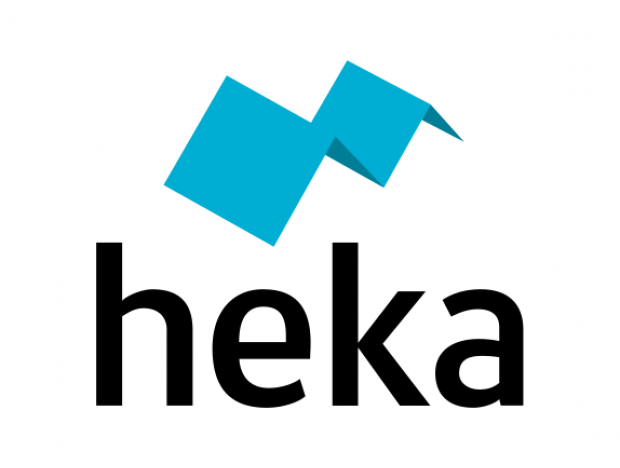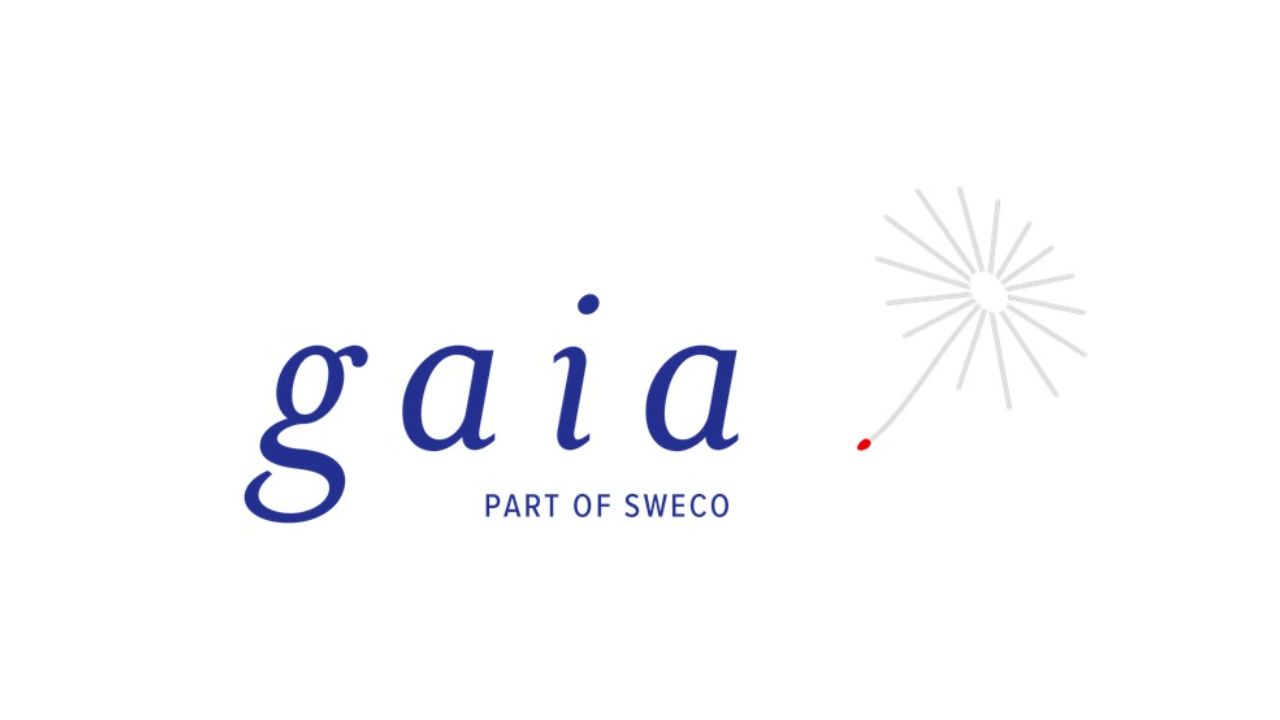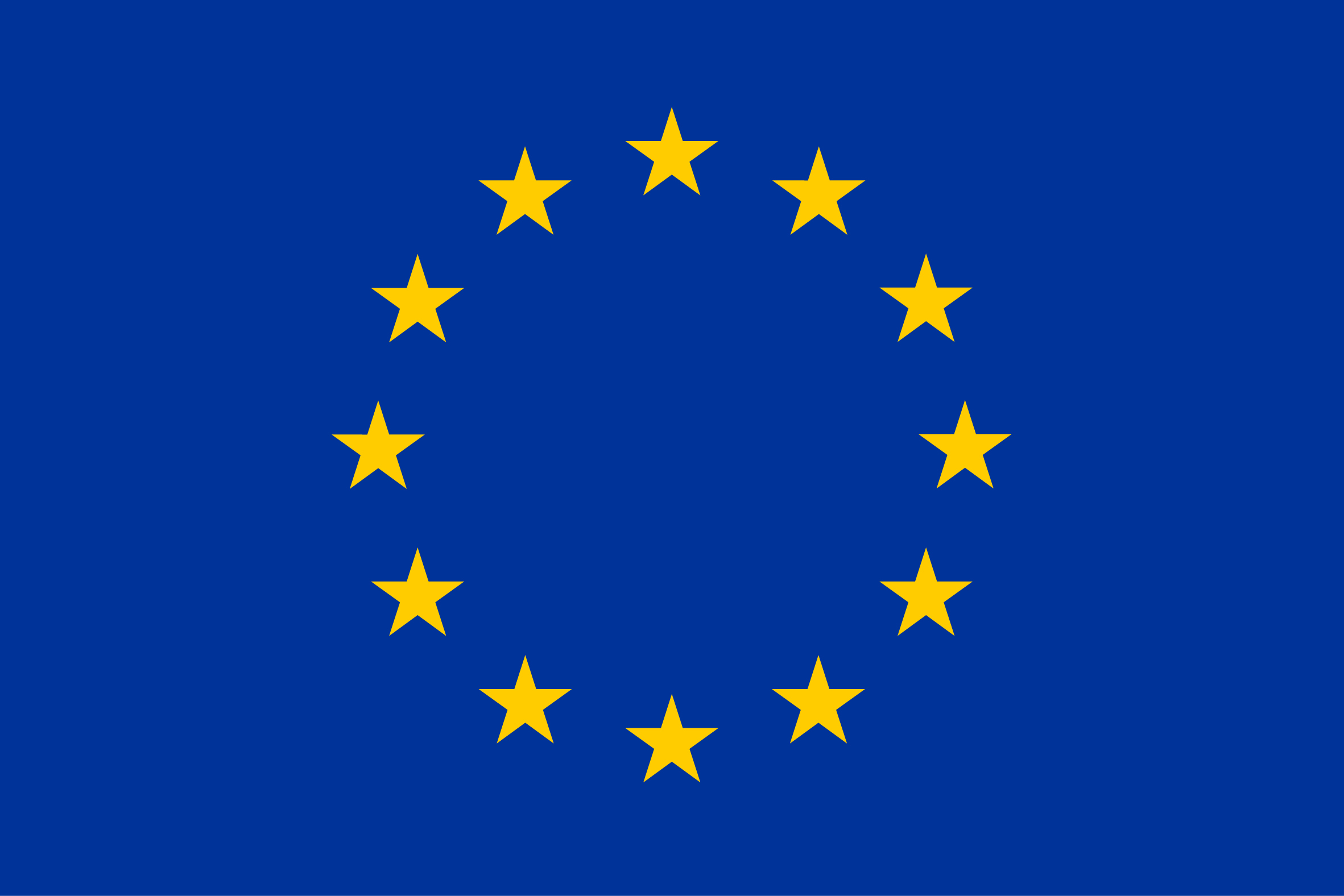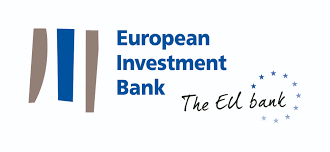Helsinki City Housing Company – HEKA Innovation Program
As the largest lessor in Finland, Helsinki City Housing Company HEKA maintains a building portfolio that includes over 50,000 apartments serving over 92,000 residents.
The HEKA Innovation Program is intended to source and pilot new, innovative solutions for low carbon buildings and housing for use in HEKA’s building infrastructure.
As part of HEKA’s sustainability initiatives and the transition to a low carbon society, the Innovation Program is intended as a way for innovative solutions to be matched with a large public-sector actor within the housing sector.
The Innovation Program is organised to support HEKA’s HELENA project aiming to achieve up to 40% savings in energy consumption of its deep renovation projects. The HELENA project is mainly implemented with ELENA funding, a support scheme managed by the European Investment Bank and funded by the EU’s Horizon 2020 program.
The goals of the Innovation Program are:
- Coach and mentor teams in further developing innovative, pilot-ready solutions for low carbon housing.
- Team matchmaking for cross-pollination of ideas and solutions.
- Source and pilot solutions within HEKA’s housing portfolio, providing feedback to the teams and HEKA for further development.
- Create reference value for teams through cooperation with one of Finland’s largest lessors, as well as potential for future collaboration.
For more information, contact:
Suvi Häkämies (suvi.hakamies@gaia.fi, +358503311495)
Sami Lankiniemi (firstname@kirahub.org)

Organised in collaboration by
Selected companies
No Results Found
The page you requested could not be found. Try refining your search, or use the navigation above to locate the post.
Introduction to the HEKA Innovation Program
>> Watch the recording of the Innovation Program’s kick-off to learn more about the opportunity!
What kinds of solutions are we looking for?
The HEKA Innovation Program will focus on piloting solutions that advance low carbon housing. These solutions can be products or services or a combination thereof. The Innovation Program is open to solutions that are innovative, pilot-ready and scalable, and most importantly, provide the potential to reduce emissions from housing/building management, for example through:
- energy efficiency/lower energy consumption
- local renewable or low carbon energy (building integrated)
- low carbon construction/circular economy
- others such as engaging residents in lower carbon living
What’s in it for participating teams?
Participating teams will be able to work with Finland’s largest property owner and public-sector housing company, matchmake with like-minded companies, receive mentoring and collect data and feedback from a living lab phase.
- Establish a connection with Finland’s largest lessor and public-sector housing company.
- Collect data, market insight and feedback from a living lab pilot.
- The possibility to continue collaborating and scaling the solution with HEKA after the program.
- Expert mentoring and coaching on business development and commercialization of your solutions.
- Matchmaking with other innovative solutions and their representative teams for cross-pollination of ideas and experiences in low carbon housing.
- A valuable reference for new and emerging organizations.
- Visibility within the Innovation Program and HEKA’s, KIRAHub’s and Gaia Consulting Oy’s channels.
What is required of the solutions?
The solutions can be products, services, or a combination thereof that help reduce emissions from housing. The solutions must be at a stage where they could be piloted in March-April 2022. This means solutions should be technologically ready for implementation and validated in a working environment (corresponding roughly to EU TRL 5). For example, teams might have a working technology solution that they are looking to scale or test in Finland’s climate conditions or in a public-housing context.
The Program selections will be made based on their ability to address HEKA’s needs, low carbon potential, potential for pilot execution, innovativeness, and matchmaking potential with other solutions.
What are we NOT looking for this project?
We are not looking for products or services that are still in development or in the concept phase.
What will happen during the Program?
The program advances in three stages: an initial matchmaking and mentoring period, during which time the selected teams will be able to share ideas with other teams, meet with HEKA to assess fit and possible pilots or future collaboration, and receive business development mentoring from experts at Gaia Consulting Oy. During this time, teams where a fit is found with HEKA for an immediate pilot will prep for the piloting stage. The second stage will focus on carrying out these pilots in a living lab environment. Finally, the program wraps up with a focus on feedback and impact assessments.
Intellectual property
The intellectual property rights reside with the applicant team. If the team is made up of more than one member, members must agree in advance of the program how intellectual property rights will be split among them.
All applicants are responsible for ensuring that their proposed solution does not violate others’ rights.
Adherence to the contents of the Innovation Program
By applying to the program, the applicants agree to the Program schedule and terms and conditions as outlined above and certify that they own the rights to the proposed solution.
Application period
Applications must be received by 5.12.2021 at 23:59 EET.
By submitting your application, you agree to having your name and the name of your proposal made public within the organizing parties’ channels.
Timeline
29.10.
Kick-off
Meet the organizers, learn more about the program and the solutions we are looking for!
5.12.
Call ends
The application period is open from 29 October to 5 December.
10.01.
Selection
Companies selected for the Innovation Programme are announced online.
25.01.
Opening
A matchmaking event is held online for the participants.
Planning of the pilots, team mentoring and coaching begin in February.
MARCH
Piloting
Piloting starts in March and is set to end in May, with feedback sessions organised for each team.
HELENA project is funded by
The sole responsibility for the content of this webpage lies with the authors. It does not necessarily reflect the opinion of the European Union. Neither the European Investment Bank nor the European Commission are responsible for any use that may be made of the information contained therein.
#MATCHMAKING #KIRAHub
9 companies selected to Helsinki City Housing Company’s new Innovation Program
The Innovation Program, organised by Helsinki City Housing Company HEKA in collaboration with Gaia Consulting and KIRAHub, received 37 applications through an EU-wide open call for low-carbon housing solutions that closed in December.
Helsinki City Housing Company receives 37 applications for the Innovation Programme for low carbon housing solutions
Through an open call launched in October, Helsinki City Housing Company HEKA, the largest lessor in Finland received 39 applications from across Europe for their new innovation Program targeted towards innovative low carbon housing solutions.
WDBE-talks: The Importance of Immediacy – Talking BIM, VR/AR, and Supersensor Integration
WDBE UPDATES // WDBE Talks episode 12 released The Importance of Immediacy: Talking BIM, VR/AR, and Supersensor Integration with Rune Huse Karlstad. In this episode of WDBE talks, we sat down with Rune Huse Karlstad of Varjo Technologies to talk through the real-world...
Digital sensors can make construction more sustainable – BLOXHUB and ConTech Lab announce a Special Session at WDBE Summit
WDBE UPDATES // New Special Session at WDBE SummitSpecial Session at WDBE Summit – Digital sensors can make construction more sustainableAt the WDBE Summit on 28–29 September, the event's Danish collaborators BLOXHUB and ConTech Lab (Molio) will organise a 45 minute...
Half of annual product development investments in the AEC Industry could be covered by introducing electronic signing
Measures with an impact of more than EUR 100 million are considered significant for the national economy. Nine major operators in the real estate and construction sector advocated for such a measure by organising a joint challenge campaign ‘Away with Pens’. The...
WDBE-talks: Contemporary Supersensing: Discussing Client-Led Implementation
WDBE UPDATES // WDBE Talks episode 11 releasedContemporary Supersensing: Discussing Client-Led Implementation with Danielle Dy BuncioIn this episode of WDBE Talks, we sat down with Danielle Dy Buncio of VIATechnik to discuss the role sensor technology has when it...
WDBE-talks: Urgency and Scale: Discussing the Importance of Human-Led Supersensing
In this episode of WDBE Talks, we sat down with Dr. Sofie Pelsmakers of Tampere University to discuss the role of sensor technology in the modern built environment and the continuing need for sustainable change within the contemporary built environment. Our conversation covered the need to address the ‘performance gap’ within the sector, the ethical issues surrounding data capture, and obstacles impeding change.
Urgency and Scale: Discussing the Importance of Human-Led Supersensing with Sofie Pelsmakers.
In the run-up to WDBE 2021, we talked with Dr. Sofie Pelsmakers, the Associate Professor for Sustainable Architecture and Sustainable Housing Design at Tampere University. Our conversation covered the importance of implementing human-led sensor technology, the need for continuous research, and the role urban supersensing can play when it comes to sustainability and improving quality of life.
BOOST – A-Insinöörit startup program challenges entrepreneurs but peers also
Property technology, or PropTech, is very much in the hands of the established companies of real estate and construction. They excel in design, construction and property development – they govern projects and customer relationships.The industry constantly improve...
WDBE-talks: Closing the Loop – Discussing Automation and Realtime Supersensing
In this episode of WDBE Talks, we sat down with Brian Ringley of Boston Dynamics to discuss the role robots can play on-site when it comes to scanning and data capture. Our conversation covered the challenges of operating autonomously in construction, the importance of digital twins, and the renewed need for remote site access in a post-covid world.





